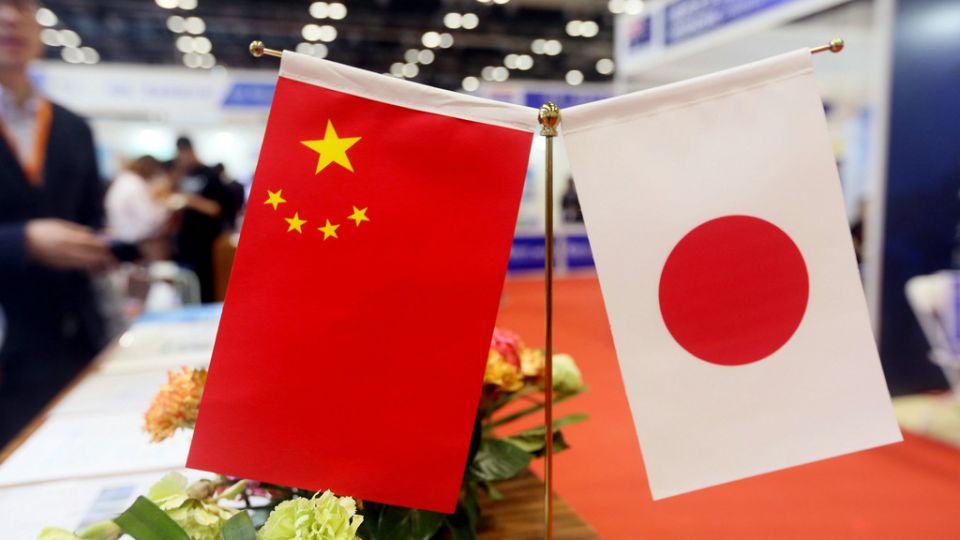November 24, 2022
BEIJING – As officials from China and Japan achieved fresh consensus on maritime cooperation at their latest high-level talks, analysts said that building trust and the recent efforts made by the countries’ leaders are helpful in terms of effectively managing differences.
The 14th China-Japan high-level consultation on maritime affairs was held via video link on Tuesday, bringing together senior officials from both countries in fields such as diplomacy, security, the environment, transportation and natural resources.
The Foreign Ministry said that the two delegations agreed on further cooperation in six fields, including accelerating work on establishing a direct hotline between the defense authorities of the two nations.
The talks also dealt with issues including maritime law enforcement cooperation, maritime rescue, plastic garbage, illegal fishing and ocean-related technological collaboration.
This year marks the 10th anniversary of the launch of the consultations in 2012.
Tuesday’s meeting was co-chaired by Hong Liang, director-general of the Foreign Ministry’s Department of Boundary and Ocean Affairs, and Takehiro Funakoshi, director-general of the Japanese Foreign Ministry’s Asian and Oceanian Affairs Bureau.
The talks took place shortly after President Xi Jinping met Japanese Prime Minister Fumio Kishida in Bangkok on Nov 17.
Lyu Yaodong, a veteran research fellow on Japanese diplomatic policy at the Chinese Academy of Social Sciences’ Institute of Japan Studies, said the 14 consultations as a whole offered a useful platform “for coordinating maritime affairs, and advancing communication and potential crisis management of issues related to the East China Sea”, adding that progress has been made in recent years in preventing maritime conflicts.
The meeting yielded quite a number of outcomes, and one of the top priorities now for the two sides is to “further implement the four-point principled consensus made by the two countries in 2014″on a shared commitment to properly handling issues related to the Diaoyu Islands, he said.
“The two countries need to seize opportunities, minimize negative impacts resulting from their differences and contradictions, find more common ground where their strategic interests converge and maintain these favorable interactions,” he added.
The two sides agreed on Tuesday to “substantially realize the consensus reached by the two leaders, step up dialogue on maritime issues, properly control and manage their differences, advance exchange of talents and pragmatic cooperation, and make the East China Sea a sea of peace, cooperation and friendship”, the Foreign Ministry said.
Concerns raised by Beijing at the talks include Tokyo’s plan to discharge radioactive contaminated water into the sea from the earthquake-hit Fukushima nuclear power plant.
Similar to the previous consultation last year, Tuesday’s meeting also saw Beijing make stern protests over Japan’s recent negative words and deeds on the Taiwan question, including some Japanese lawmakers’ provocative visits to Taiwan.
Beijing said the Taiwan question involves the political basis and fundamental credibility of China-Japan ties.
Huang Dahui, a professor of East Asia studies at Renmin University of China in Beijing, said it is important to keep track of Tokyo’s further words and actions given its two-faced China policy.
“That’s why Chinese leaders have on multiple occasions raised the issue of credibility in talks with the Japanese side, asking Tokyo to honor its words with actions,” he said.
Lyu Yaodong, the CASS scholar, said, “Both countries have shared interests and common tasks to deal with when it comes to regional affairs, and Tokyo should have a clear focus on the regional trend of integration and work with Beijing in opposing zero-sum geopolitical games and bloc-based confrontation.”


